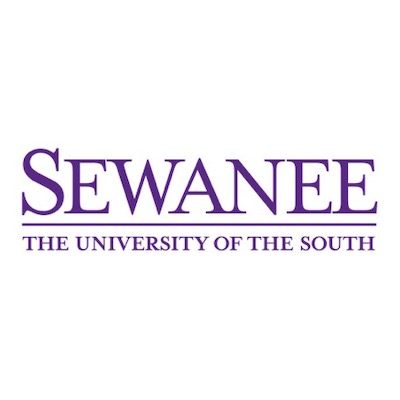Sewanee: University of the South

Sewanee: University of the South is a private institution that was founded in 1857. It has a total undergraduate enrollment of 1,698, its setting is rural, and the campus size is 13,000 acres. It utilizes a semester-based academic calendar. The enrolled student population at the University of the South is 82% White, 5% Hispanic/Latino, 4% Black, 3% International, 3% Multiracial, and 2% Asian. There are about 51% identified female students and 49% identified male students. 22% of students are from Tennessee.
Engagement Summary
In Sewanee, there were already dedicated staff and programs in place focused on needs of students of color. Two of these were the Office of Multicultural Affairs and the Posse Foundation program. A policy and recruitment plan for diversifying faculty and staff were already in place, and training on multicultural competence was already available to students, faculty, and administrators. These were organized by Office of Civic Engagement, Intergroup Dialogues, Center for Teaching, The Women’s Center, and Queer and Ally House.
Programming was available on campus to have dialogue surrounding national and international events, with topics such as police brutality, the Me Too Movement, severe weather events, and the Orlando Shooting. Several cultural identity focused student organizations were available on campus.
To better the experience for all students on campus, the first suggestion was for Sewanee to take a more proactive and coordinated effort to create a welcoming campus environment so that students feel they belong.
Another recommendation was to review recruitment efforts with the Admission office and to confirm if the recruitment messages align with real experiences of students of color.
Another recommendation was for Sewanee to work closely with partners on campus from different offices to provide multicultural competence and unconscious bias training.
The third suggestion was to work with the staff of Multicultural Affairs to establish programming responding to current national and international events, while also providing support and advising to cultural identity focused student organizations.
The last recommendation was to use technology more effectively to promote events and services to students and to facilitate connectedness among students.
Midterm Evaluation Progress-to-Goal Snapshot
Sewanee had a goal to hire a mental health professional (therapist, social worker, counselor of color) of color in the University Wellness Center, to identify implicit bias training programs for faculty and staff, to have student involvement in any discussions about new spaces on campus, to provide training on implicit bias/cultural competence for the incoming students during orientation, to share the EMHF summary report with the JED Campus Team, the UWC Newsletter, Inside the Gates, and with students in the focus group, o communicate the EMHF summary report with members of the Office of Multicultural Affairs and to hear their feedback, and to collaborate with UTK on implementing resources, programs and initiatives.
Highlights include:
- Dr. Carlton Green completed these trainings, and more is desired.
- With student input regarding physical space and social atmosphere, a wellness commons center was due to open in March.
- Two 2 hour in person training sessions were conducted, and they were done in the theme of quilting. Healthy dialogue was the result. The quilts will be displayed in the art gallery.
- The EMHF summary report was shared with the JED Campus Team, the UWC Newsletter, Inside the Gates, and with students in the focus group.
- The EMHF report confirmed what they had thought currently and in the past.
- They were able to connect with Vanderbilt University.


